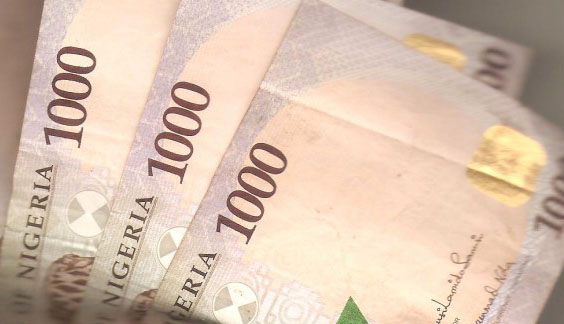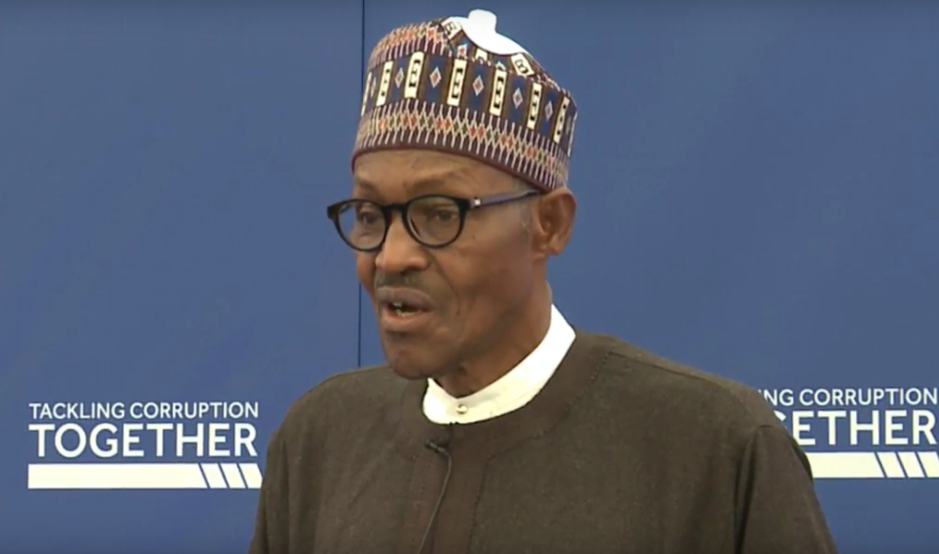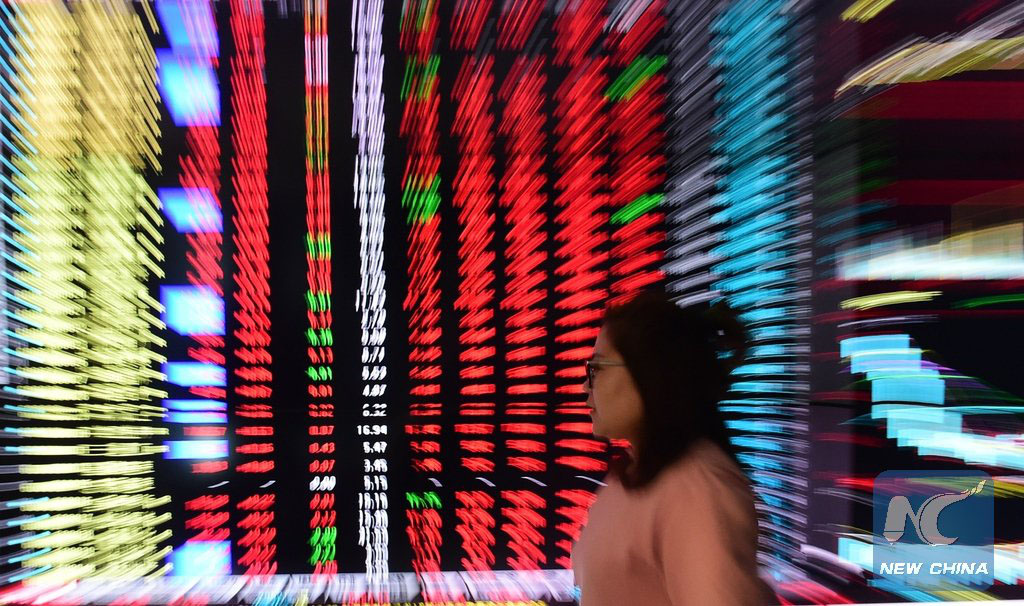Nigeria’s gross domestic product (GDP), which measures the monetary worth of economic activities, saw its growth rate fall to a 25-year low in the first quarter of 2016, the Nigerian Bureau of Statistics (NBS) disclosed on Friday.
The bureau said the economy shrunk by 0.36 percent in Q1 2016. To many Nigerians, these are but figures, but here is what those digits really mean.
MUCH FEWER JOBS
GDP measures the health of an economy. A positive GDP means a healthy economy, while a negative GDP growth as seen in the report means otherwise.
With a contraction in the economy comes shedding of jobs and other economic activities. Ideally, this means more jobs were lost (in percentage) in the first quarter of 2016, than in anything since the return of democracy.
Advertisement
This was more evident in the unemployment report released by the NBS on the same day, showing that about 1.5 million people became unemployed in the first quarter of the year.
A contraction in the economy means less job opportunities for the people.
LESS MONEY, FEARS OF RECESSION
GDP growth calculated using the expenditure (production spending) approach means a contraction shows a reduction in money available for spending in the quarter under review.
Advertisement
This shows that the net flow of capital in and out of the economy shrunk concurrently with GDP. The country’s economy is experiencing less economic activities and less foreign investment, based on the economic climate of the nation.
According to figures from the stock exchange, the country saw a huge capital flight in the first quarter of the year, with the market capitalisation falling to as low as N7 trillion at some in the first month of the year.
With negative GDP growth, fears are that economic recession looms. A recession is seen as at least two quarters of consecutive decline in a nation’s GDP.
LESS TAXES, LESS REVENUE
The contraction in GDP also means less profits for companies, less taxes to be paid and inevitably less revenue for the country. For a country that wants to purse non-oil revenue to finance its budget, this is a tough call.
Advertisement
A report by Nairametrics examined the first quarter results of the 44 companies in the economy, and noted that combined profit for all was down by 11.1 percent from the value in 2015.
This directly reduced tax payable to the government by 13 percent, thereby reducing government revenue for the period under review.
FEWER DEVELOPMENT PROJECTS
Government bases its budget financing on revenue and debts. With revenue dwindling, the prospects of getting debts to finance the budget also dwindle, except the government wants to dive headlong into serious deficit.
The electoral promises of the government will become more difficult to implement now because of the paucity of funds. The plan to provide massive infrastructure will be hampered by dwindling revenue.
Advertisement
In other words, it just got more difficult for the government to fulfill its promises.
BAD SIGNALS FOR WOULD-BE INVESTORS
Investors look at GDP growth to see if the economy is changing rapidly so they can adjust their asset allocation. A bad economy usually means lower profits for companies, which in turn means lower stock prices for some firms.
Advertisement
Investors compare a country’s GDP growth rates to decide where the best opportunities are. Most investors like to purchase shares of companies that are in rapidly growing countries.
This would mean many investors will prefer to go to a Ghana, Ethiopia or Cote d’Ivoire, where GDP outlook is largely positive, in order to maximise profit.
Advertisement
On a brighter note, owing to the lack of jobs in Nigeria – or any country with contracting GDP – some investors may seek to come as they are sure to get cheap labour from such an economy.
Advertisement
Add a comment






